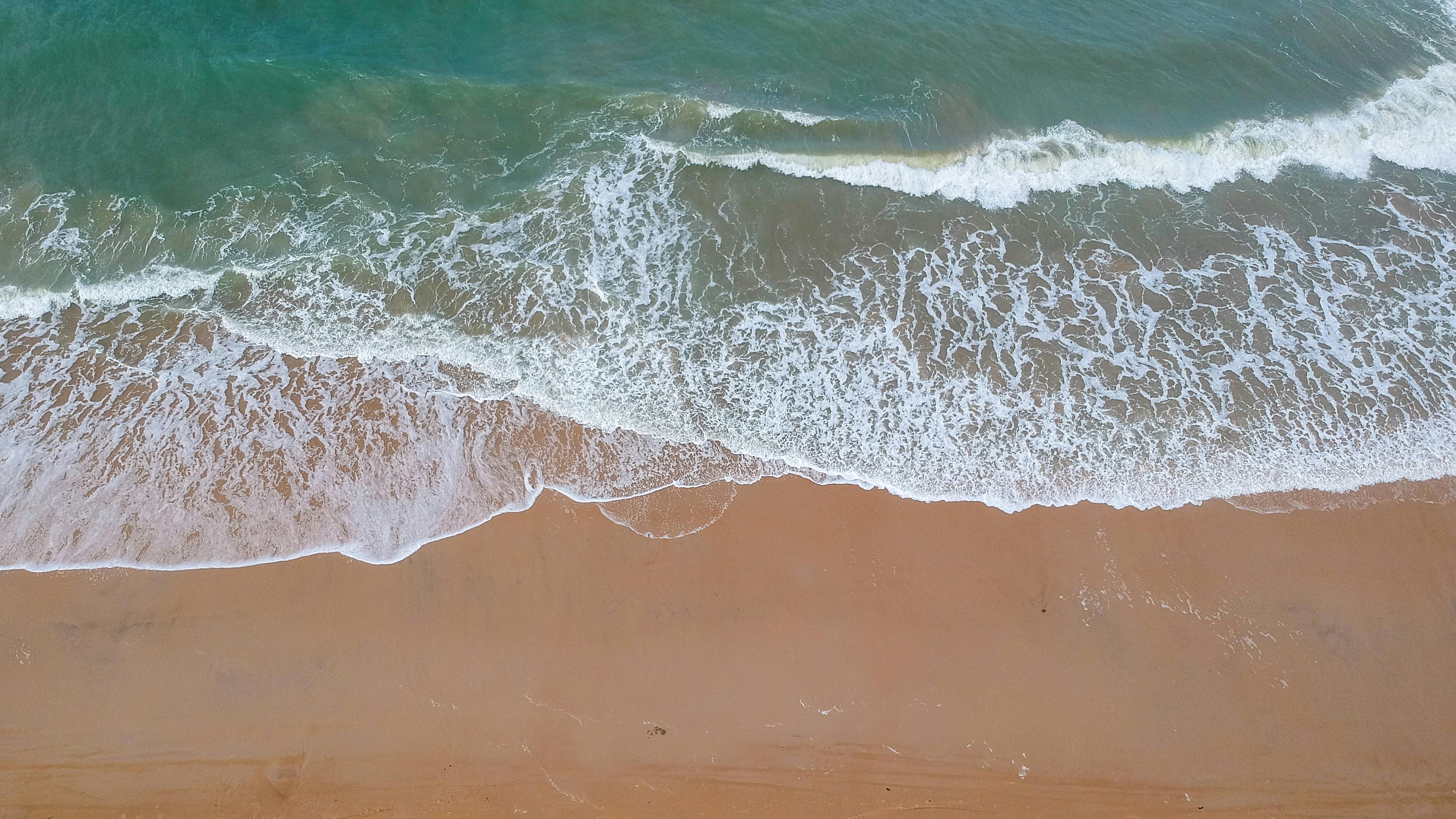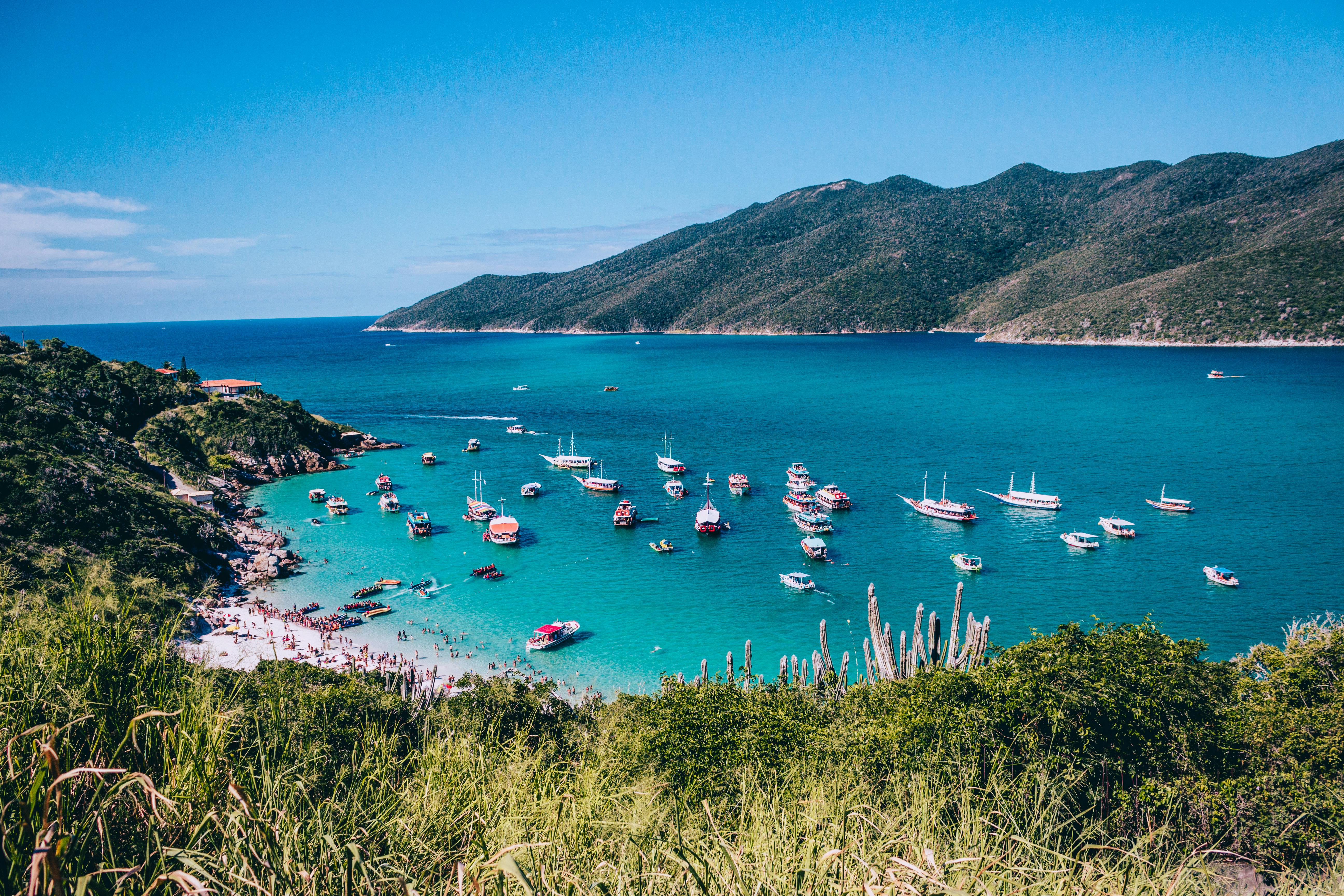A water distiller is a device used to purify water by removing contaminants such as bacteria, heavy metals, and other impurities. It works by boiling water and then condensing the steam back into liquid form, leaving behind any contaminants that may be present in the original source of water. The resulting distilled water is much purer than the original source and can be used for drinking, cooking, or other applications where pure water is required.A water distiller is a device that removes impurities from water by boiling it and collecting the steam that is produced. The resulting condensate, which is free of dissolved solids, is then cooled and collected in a container. Water distillation can be used to purify drinking water, as well as for industrial processes such as producing distilled spirits or other products.
How Does a Water Distiller Work?
A water distiller is a device that removes impurities and contaminants from water to make it safe to drink. It works by heating the water until it boils, then condenses the steam into pure, clean drinking water. The process of distillation eliminates impurities such as bacteria, minerals, and other particles, leaving only pure H2O behind. In addition, the process also removes chemicals such as chlorine and fluoride that can be harmful if consumed in large quantities.
The distillation process begins with the heating of the water. The heat causes the water molecules to evaporate into steam. As the steam rises it passes through a cooling chamber where it is condensed back into liquid form. This condensation leaves any impurities and contaminants behind, resulting in purified drinking water. The entire process takes place within a single closed-loop system without any external contamination.
Once the condensation is complete, the distilled water is stored in a separate container for later use. Depending on the type of distiller used, the process can take anywhere from minutes to hours depending on how much water needs to be purified.
Benefits of Using a Water Distiller
Using a water distiller to purify your drinking water comes with many benefits. Firstly, it is an effective way to remove contaminants from the water, including bacteria, viruses, heavy metals, chlorine, and other chemicals. In addition to this, the distilled water also has a neutral pH balance and can help to reduce the risk of illnesses that are caused by consuming contaminated water.
Another advantage of using a water distiller is that it can help to reduce plastic waste. Since distilled water is free from contaminants and safe for drinking, there is no need to purchase bottled water which often comes in single-use plastic bottles. By using a distiller you can not only save on costs but also help the environment by reducing plastic waste.
Lastly, distilled water tastes much better than tap or bottled water since it does not contain any impurities or chemicals. This makes it ideal for preparing beverages such as coffee and tea as well as for cooking. With a distiller you can enjoy pure tasting drinking water without any unpleasant odors or tastes.
Types of Water Distillers
Water distillers are an important part of many households, as they provide a great source of clean and safe drinking water. There are several different types of water distillers available on the market today, each with their own unique features and benefits. Some of the most popular types include countertop distillers, under-the-counter distillers, and whole-house distillers.
Countertop Distillers
Countertop water distillers are some of the most popular models on the market, as they are relatively easy to install and maintain. These systems typically use a single reservoir to store distilled water. They also have a built-in carbon filter for removing chlorine and other impurities from your tap water. Countertop models are ideal for small households or those who don’t need to produce large amounts of distilled water on a regular basis.
Under-the-Counter Distillers
Under-the-counter distillers are similar to countertop models in that they use a single reservoir for storing distilled water; however,
Advantages of Using a Water Distiller
The advantages of using a water distiller are many. Firstly, it provides clean drinking water free from contaminants such as chlorine and heavy metals. This is important for health, as even low levels of these contaminants can have an adverse effect when consumed over time. Additionally, many distillers use ultraviolet light to kill bacteria and viruses in the water, providing an extra layer of protection from waterborne illnesses. Furthermore, distillation produces pure water free from unpleasant tastes or odors that can sometimes come from other treatments. Finally, these systems are also relatively inexpensive to install and maintain, making them a cost-effective solution for households or businesses looking to provide safe drinking water.
Disadvantages of Using a Water Distiller
Despite the many advantages that come with using a water distiller, there are also some drawbacks to consider. Firstly, it requires regular cleaning and maintenance in order to ensure it is functioning effectively and producing clean drinking water. Additionally, these systems can be quite slow and require large amounts of energy to operate which can lead to higher energy bills. Finally, water

What Contaminants Can a Water Distiller Remove?
A water distiller is an effective method of removing contaminants from water. It can remove a wide range of contaminants, including heavy metals, bacteria, viruses, and other particulates. The distillation process works by heating water until it boils and then collecting the steam as it condenses, leaving behind the contaminants. This process also removes most dissolved solids, including salts and volatile organic compounds (VOCs). Distilled water has a very low mineral content and is often used in medical applications and for drinking water. Additionally, many people use it to make beverages such as coffee or tea that require pure water to achieve the desired taste.
The effectiveness of a water distiller depends on several factors including the size of the unit, how often it is used, and how hot the boiling temperature is. In general, distillation can remove most harmful contaminants from water while leaving behind beneficial minerals such as calcium and magnesium. However, if the boiling temperature is too low or if the unit isn’t used frequently enough then some contaminants may remain present in the final product. Additionally, some VOCs may not be removed
Is it Expensive to Use a Water Distiller?
Using a water distiller may seem like a costly investment, but it could actually save money in the long run. The initial cost of purchasing a distiller can be significant, ranging anywhere from $200 to $800 or more. However, the cost of replacing bottled water over time can be much greater.
Water distillers are designed to last for several years with minimal maintenance required. Some models may even come with warranties that cover any defects or malfunctions. In addition, most distillers require very little energy to operate and can be used multiple times per day if needed. This means that although the initial cost may be high, the overall expense of running a water distiller is relatively low.
The expense of using a water distiller can also be offset by the health benefits associated with it. Distilled water is free of toxins and contaminants that are common in tap and bottled water, making it safer for drinking and cooking than other sources of water. Furthermore, distilled water does not have any unpleasant taste or odor like some other types of water do.
Overall, although there is an upfront
How Long Does It Take for a Water Distiller to Purify Water?
Water distillers are a great way to purify water quickly and effectively. But how long does it take for a water distiller to do its job? The answer depends on the type of water distiller and the amount of water being distilled. Generally, most water distillers can purify up to four gallons of water in an hour. However, larger models may be able to process more than that in the same amount of time.
The process of purifying water with a distiller is fairly simple. It involves heating up the water until it turns into steam, which is then collected and cooled until it condenses back into liquid form. This process removes impurities such as bacteria, viruses, heavy metals, chemicals, and other contaminants that can make drinking water unsafe.
The amount of time it takes for a water distiller to work depends on several factors, including the size of the unit, the quality of the incoming source water, and how often it is used. If you are using a small unit with high-quality

Final Words
Water distillers are a great way to get clean, pure drinking water. They can be used to remove any contaminants from your drinking water, as well as reduce the presence of things like chlorine and heavy metals. Water distillers also provide an efficient and cost-effective way to produce distilled water for a variety of uses. With the right maintenance and care, a water distiller can last you for many years and provide you with clean, pure drinking water for your home or business.
We hope this article has helped you understand what does a water distiller do, as well as how to use one properly. Water distillers are an important part of maintaining healthy drinking water in your home or business, and they are becoming increasingly popular with those who want to ensure their drinking water is free from contaminants.

